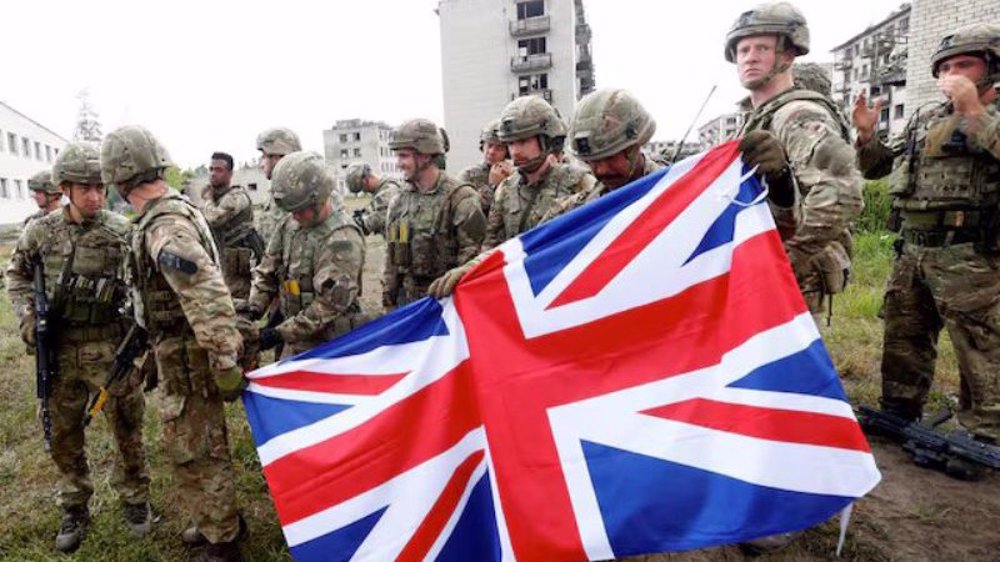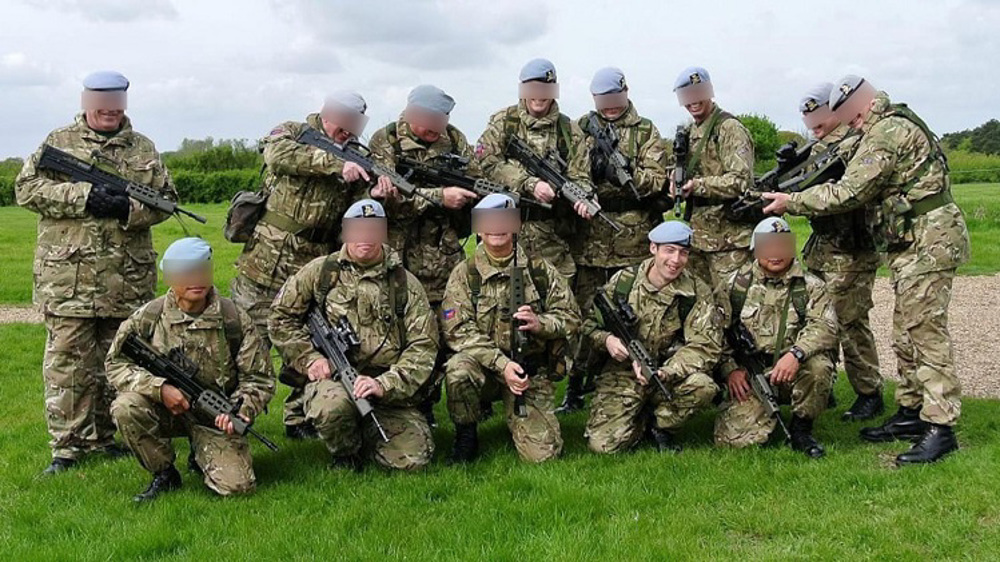Bullying and harassment claims continue to rise in the military
Despite repeated assurances by military chiefs and political leaders to combat the pernicious culture of bullying in the British armed forces, the official statistics for 2019 make for grim reading.
The 2019 Annual Report of the Service Complaints Ombudsman for the Armed Forces (SCOAF) records 1,184 complaints in total, ranging from career frustration and wage disputes to the altogether more serious category of bullying, harassment and intimidation.
New: 300 bullying, harassment & discrimination allegations were made in British military last year.
— Lucy Fisher (@LOS_Fisher) May 16, 2020
Service complaints ombudsman found (4th year in a row) that complaints system is not fair, effective and efficient.
Only 46% of complaints resolved in 6-month target.
Summary 👇 pic.twitter.com/GNdT3z8Vl3
Of the total complaints 25 percent (or 296 cases) belong to the serious category of bullying, harassment and intimidation.
Even more worryingly women and ethnic minority personnel are over-represented amongst the complainants.
In her foreword to the report, the outgoing SCOAF Ombudsman, Nicola Williams, mentions “recurring” issues in terms of “inappropriate behaviors” in the armed forces.
Most observers will treat Williams’ sweeping statement as a breathtaking exercise in understatement.
A July 2019 review into “inappropriate behaviors” in the armed forces by Air Chief Marshal Wigston got much closer to the truth by identifying a range of offensive behaviors and language suffered by minority groups in all three service branches.
Wigston had been commissioned to produce the review by former defense secretary, Gavin Willamson, following a series of high profile cases of inappropriate and unlawful behavior by armed forces personnel, including an alleged sexual assault which led to the arrest of six soldiers.
One of Wigston’s most fundamental observations was that the “new generation” of service personnel is led by a “pack mentality of white, middle-aged men, especially in positions of influence whose behaviors are shaped by the armed forces of 20 years ago”.
The British military’s persistent problem with bullying and harassment is believed to be one of the reasons it has struggled with recruitment issues in the past three decades.
Of the three branches of the armed forces the army in particular has an acute recruitment challenge forcing army chiefs to continually lower recruitment standards even to the point of enlisting “illiterates”.

‘Sensitive’ UK military documents found scattered on Newcastle street: Report

UK tanker refueled US warplanes during escalation against Yemen: Report

UK ‘must’ consider conscription ‘now’ to be ready for possible war with Russia: Ex-military chiefs
Israeli strike kills three, including Hamas official, in south Lebanon
South Korea's court removes president over martial law controversy
Pezeshkian: Iran's capability in defending itself at highest level
VIDEO | Trump’s tariffs risk global trade war; EU prepared to retaliate
VIDEO | Netanyahu visits Hungary despite arrest warrant
VIDEO | Madrid cultural event for Syria with documentary hailing fight against Takfiris
VIDEO | UK economy reels from impact of Trump Tariffs
UNRWA chief slams Israel’s attacks on UN facilities








 This makes it easy to access the Press TV website
This makes it easy to access the Press TV website